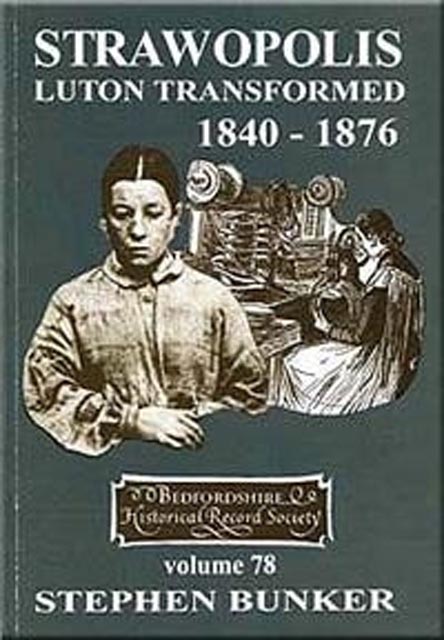Book contents
- Frontmatter
- Dedication
- Contents
- List of Illustrations
- Acknowledgements
- Abbreviations
- Introduction
- Chapter One Hats, Land and Houses
- Chapter Two The Board of Health
- Chapter Three Society: Belief and Behaviour
- Chapter Four Politics, Power and Self-determination
- Epilogue
- Biographical notes
- Notes on place names
- Bibliography
- Sources
- Name of Index
- Subject Index
- Recent Publications
Chapter Two - The Board of Health
Published online by Cambridge University Press: 03 August 2023
- Frontmatter
- Dedication
- Contents
- List of Illustrations
- Acknowledgements
- Abbreviations
- Introduction
- Chapter One Hats, Land and Houses
- Chapter Two The Board of Health
- Chapter Three Society: Belief and Behaviour
- Chapter Four Politics, Power and Self-determination
- Epilogue
- Biographical notes
- Notes on place names
- Bibliography
- Sources
- Name of Index
- Subject Index
- Recent Publications
Summary
Know ye the stream where the cess-pool and sewer Are emptied of all their foul slushes and mire, Where the feculent stream of rich liquid manure Now sickens the people, now maddens the squire?
(Luton Times 18 March 1856. Poem entitled The Luton River).
Before incorporation in 1876 the most powerful of Luton's public institutions was the local Board of Health. General questions of power are dealt with separately, in chapter four, but the local Board's history forms an undercurrent to the development of the town in this period. In this respect it warrants a chronological account as the Board served as a bridge between the medieval and modern systems of local government for the town, beginning as a health authority but developing into Luton's ‘little parliament in Stuart Street’. It came to be regarded as a shadow town council, a role for which it was ill-equipped and for which it received more brickbats than bouquets. The more that the Board became involved in various areas of the town, the more was expected of it. The local Board of Health came, therefore, to exemplify Luton's inadequate administrative structure and political impotence: it became the focus for frustrated criticism for perceived failings in areas which were far beyond its remit. The Board also became a focal point of public debate, just one of the former functions of the Vestry, which it steadily superseded in relevance. The only other public body of similar significance was the Board of Guardians (see also chapter four).
A second distinctive feature punctuated the period in which the local Board was operational. This was the way in which it served as a vehicle for the promotion of the interests of certain sections of Luton's social structure - interests not always in harmony with those of their fellow citizens. As such, it became a forum for occasional power struggles between the new urban elite of professionals and bigger employers on the one hand and the old market town circles, such as the farmers (supported by smaller tradesmen) on the other. The occasional nature of these struggles must be stressed and the limitations of power and influence of each of the above groups were made apparent by the battles which were fought around and beyond the Boardroom.
- Type
- Chapter
- Information
- StrawopolisLuton Transformed 1840-1876, pp. 84 - 128Publisher: Boydell & BrewerFirst published in: 2023

